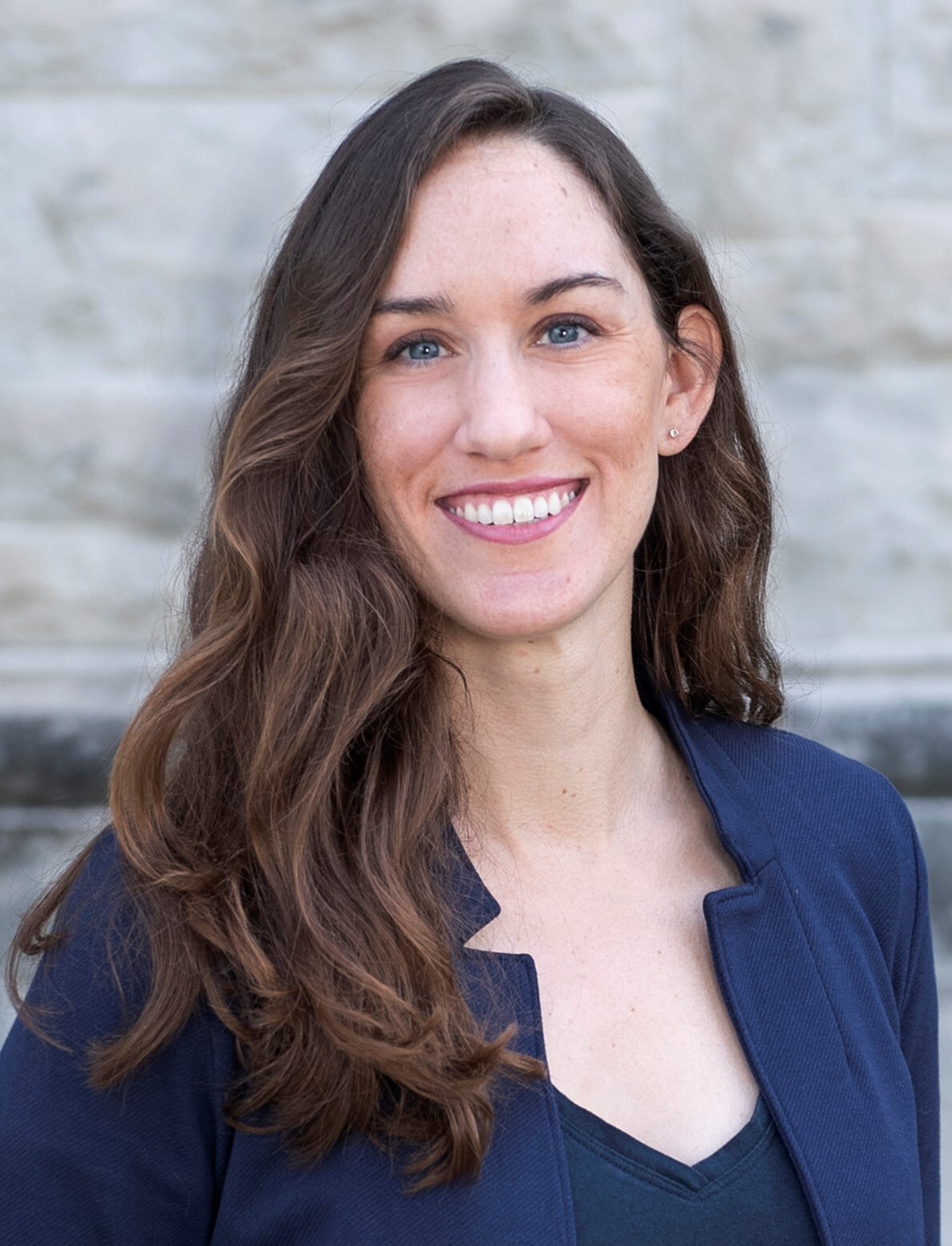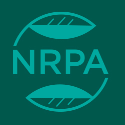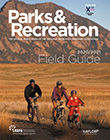
2021 Speed Session Bundle: Planning and Design
-
You must log in to register
- Non-Members - $50
- Members - $35
- Premier Members - $35
This bundle is worth 0.1 CEU and contains the following three speed sessions from NRPA's 2021 annual conference:
No App Required: Lessons Learned From Building a Popular Online Park Map That Serves Visitors Across Devices (Session 020)
In August 2015, the nonprofit conservancy Forest Park Forever launched ForestParkMap.org, a web-based, GPS-enabled digital map of the 1,300-acre city park. Built to live in the open web rather than within a closed app, the online resource has been cost effective, easy to maintain and popular, providing nearly 500,000 visitors on phones, tablets and desktops with key information about 100+ Forest Park destinations. ForestParkMap.org has helped visitors both plan ahead and navigate the park once they're visiting. During the COVID-19 pandemic, the site has kept the St. Louis community up to date on closings, openings, protocols and more. Forest Park Forever's Stephen Schenkenberg will explain how and why the resource was built as it was, how it's been useful, and what lessons his organization has learned that could benefit your park.
Learning Objectives:
- Understand the pros and cons of building a digital map in an app vs. the open web.
- Identify the costs and process involved in building and maintaining a site, such as ForestParkMap.org.
- Make a straightforward plan toward building a digital map for your park's visitors.
The Impacts of Soil Contamination in Urban Outdoor Leisure Spaces (Session 029)
Across public and private spaces of outdoor recreation and leisure, industrial pollution in many urban areas has shaped leisure landscapes and influenced the meaning of what we call 'nature' and 'greenspaces.' Soil lead, in particular, has attracted attention of municipalities nationwide, as public health professionals have identified relationships between even low blood lead levels and adverse health outcomes for several decades. However, there has been little attention to the specific interaction of environmental health threats like soil lead pollution and individuals' environmental attitudes and outdoor leisure behaviors. This presentation will present results of a Los Angeles-based case study that matched parcel-level geochemical and survey data with multiple qualitative data sources to better understand how soil pollution impacts urban families.
Learning Objectives:
- Understand how urban soil contamination influences outdoor leisure behaviors.
- Understand how urban soil contamination shapes environmental attitudes.
- Apply a case study methodology (including geospatial, survey, and qualitative data) to a complex research question.
Tick'Not': Understanding Tick Encounters on Recreational Trails Through Online Reviews (Session 030)
This session will present the work of a research study which used publicly-available online user data to identifying tick encounter hotspots on recreational trails. It will present all stages of the research study, with emphasis on results and discussion, particularly how recreation professionals can duplicate our methods in their own city/state.
Learning Objectives:
- Attendees should be able to identify the difference between active and passive tick surveillance in public spaces of recreation, and the costs/resources associated with both.
- Attendees should be able to brainstorm ways to use online user-generated content as a springboard to understand user experiences in their own locales.
- Attendees should be able to summarize the research study presented and its applicability to other contexts.

Stephen Schenkenberg (he/him)
VP, Communications & Marketing
Forest Park Forever
Stephen Schenkenberg is the Vice President of Communications Marketing for Forest Park Forever, a leading parks conservancy that cares for 1,300-acre Forest Park in St. Louis. Over two decades, Schenkenberg has helped craft and launch an array of online projects, including ForestParkMap.org and ListenForestPark.org. He has spoken about digital communications and nonprofit brand strategy at gatherings including the City Parks Alliances Greater Greener Conference and the American Marketing Associations Nonprofit Marketing Conference.

Kristina Anderson, PhD (she/her)
Indiana University
Several years of experiencing studying vector-borne diseases and preventative behaviors. More than a decade of experience in data analytics and strategy. Previous presenter at several national conferences. Postdoctoral Fellow, Department of Health Wellness Design, Indiana University-Bloomington.


Engage With Us